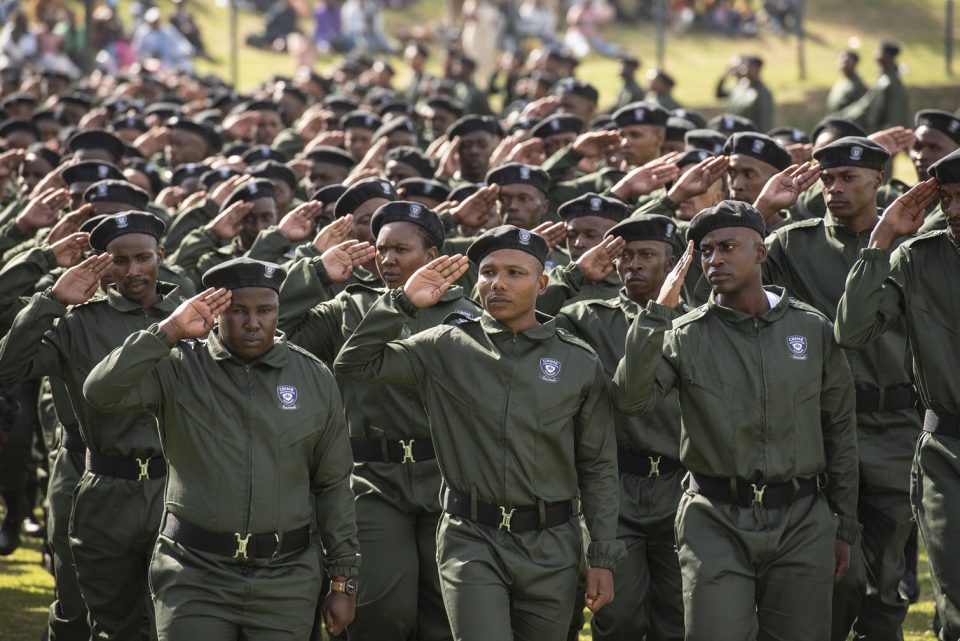Gauteng Crime Prevention Wardens, also known as Amapanyaza, have been given a new status as traffic officials.
The provincial government department yesterday announced that the 6,000 men and women hired through premier Panyaza Lesufi’s Nasi Ispani Mass Recruitment Programme earlier this year, would assume the same role and powers as traffic officials.
Their new status follows Lesufi’s request to the minister of justice Ronald Lamola in June to designate the recruits as peace wardens.
“After conducting a thorough analysis of the applicable legal frameworks, it was determined that for the wardens to exercise peace officer powers, they must assume the same legal status as Gauteng provincial traffic officers. Provincial traffic officers currently carry out their duties within the ambit of their peace officer designation, supported by the necessary legal framework,” said the Lesufi’s office in a statement yesterday.
The changing of the warden’s legal status means that they now have powers to search and arrest a suspect and they also have powers to arrest a suspect without a warrant and they can also execute warrants of arrest.
The announcement comes after months of boiling tensions between Lesufi, police minister Bheki Cele and Lamola with the premier accusing them of delaying his efforts to have his wardens recognised and given more powers to execute their duties.
Lesufi’s frustrations came to head last month when he launched a public attack on “a minister” he claimed did not want to arm his wardens with guns.
Speaking at a South African National Civics Organisation conference at the time, Lesufi charged that: “We have trained these young people to be police wardens. You, as minister, are refusing to recognise them, your days are numbered. You can’t undermine young people when they want to assist us in fighting crime.
“We are saying to this minister, give us the power for these young people to have power to get guns so that they can protect our townships and chase away criminals.”
His comments were interpreted as directed to Cele.
The speech, which was captured on video shared on social media, sparked a controversy resulting in Lesufi withdrawing his statement the following day and also apologised that his utterances came across as “insensitive and threatening to a government minister”.
In the same week, Cele told Sowetan that his department is not responsible for giving the wardens powers to work as law enforcers. He said the department of justice and correctional services had powers to recognise the wardens, which according to Lesufi’s department, had become toothless in warding off crime.
David Bruce, an independent researcher on policing and consultant at the Institute for Security Studies (ISS), has told Sowetan that it would be a bad idea to arm the wardens. He said there would need to be good administrative system to manage and monitor access to such guns.
Lesufi has faced some public criticism with some people accusing him of using the Nasi Ispani recruitment programme for electioneering. However, he has since defended the programme claiming that it was aimed at reducing youth unemployment and crime while improving service delivery.
In addition to the wardens, the programme has also trained and hired people as solar panel technicians. At least 2,500 more people will be trained and employed as childhood development practitioners, 800 as building inspectors and 1,000 as civic education ambassadors, said the premier’s office in October.
Image (Amapanyaza are now traffic officials as per new status).

